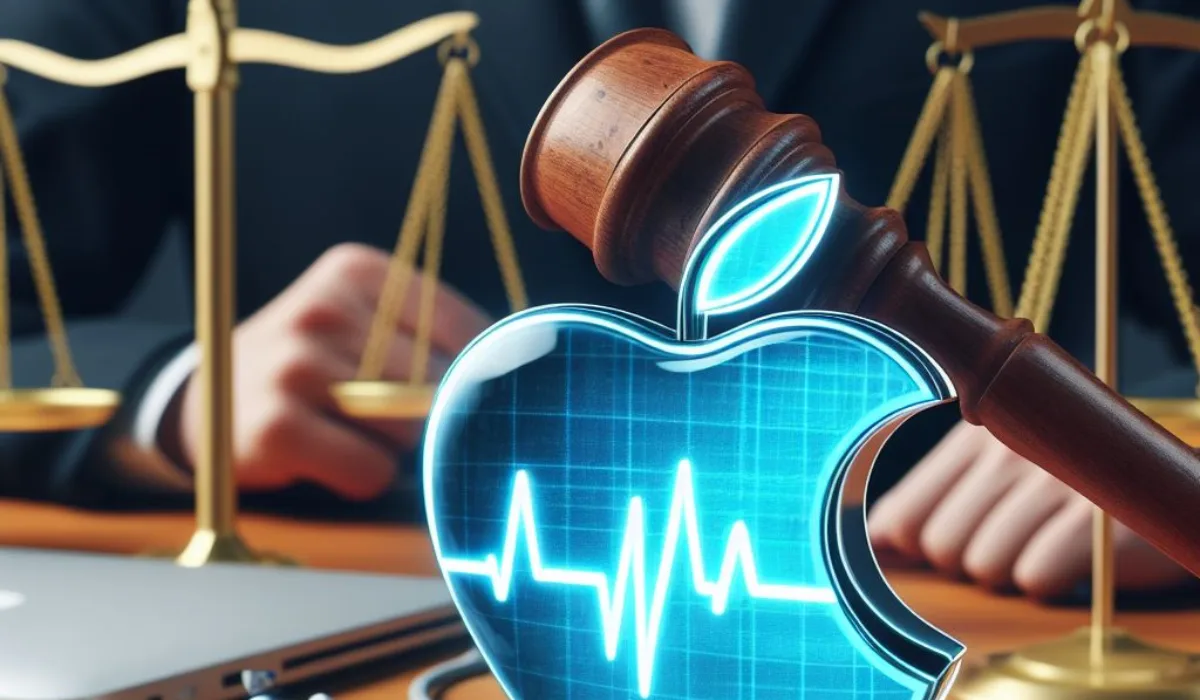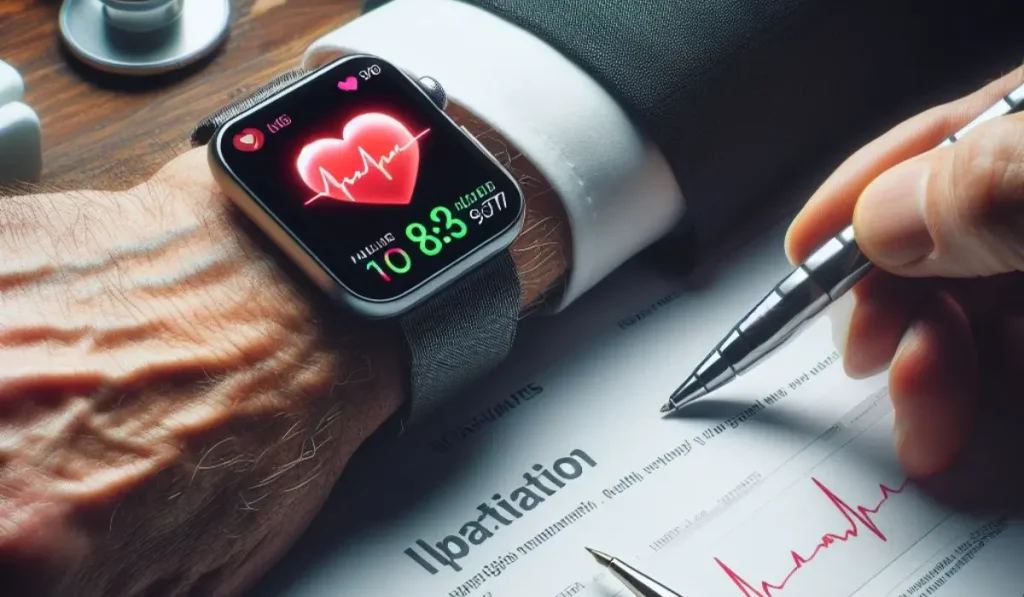In recent years, Apple has been grappling with a series of lawsuits aimed at the Apple Watch that’s put the popular smartwatch’s fate on the line. However, this week, the tech giant enjoyed a little victory in court, which could be a setback for smaller companies hoping to bring the Silicon Valley behemoth to the ground.
Apple Wins Case Accusing it of Stamping Down Competition for ECG Monitoring Apps

The company was able to persuade a federal judge to dismiss a case filed by California-based health tech startup AliveCor, which accused Apple of illegally monopolizing the US market for heart rate monitoring apps for the Apple Watch.
AliveCor filed the lawsuit in 2021 claiming that Apple had abused its market power by injuring competition and engaging in “predatory” and “exclusionary” conduct concerning the Apple Watch’s electrocardiogram (ECG) technology.
On Tuesday, US District Judge Jeffrey White of Oakland, California, ruled against the medical device and AI startup. AliveCor also accused Apple of violating the federal Sherman antitrust law and California unfair competition law.
However, the decision explaining the Judge’s reasoning is currently not available due to confidentiality concerns, but it should be released to the public sometime soon.
AliverCor released a statement saying it is “deeply disappointed” and “strongly disagrees” with the court’s decision to dismiss its anti-competition case. The company noted that it plans to appeal the ruling.
ITC Ruled That Apple Infringed AliveCor’s Patented ECG Technology
The health-tech startup still has another, and entirely separate ongoing suit that will be reviewed in the coming months. This is regarding the ECG monitor on the Apple Watch.
In the lawsuit, AliveCor claimed that in 2015 it showed Apple its ECG sensor technology with the intention of future collaboration, only for Apple to copy its ideas and launch its own ECG sensor for the Apple Watch in 2018.
In December 2022, the International Trading Commission (ITC) ruled that Apple had infringed on AliveCor’s patent. Although the ITC issued a Limited Exclusion Order (LEO), a cease and desist order against Apple, and set a bond of $2 per unit of infringing Apple Watches imported or sold during the review period, it never resulted in a ban.
The complaint also accused Apple of killing competition by updating the algorithm of its heart rate sensor for the Apple Watch in such a way that it prevented third-party health apps from identifying irregular heartbeats of users and offering a competing service.
AliveCor had developed a specialized wristband for the Apple Watch called KardiaBand that’s capable of recording users’ electrocardiogram (ECG). The Mountain View, California-based company also launched the Kardia app for analyzing ECG readings from the smartwatch and a SmartRhythm heart rate analysis app powered by artificial intelligence technology.
Apple Removes Controversial Blood Oxygen Monitor From Apple Watch Series 9 and Ultra 2
In December 2023, the ITC barred Apple from selling the Apple Watch Series 9 and Ultra 2 in the US after it was accused of infringing a patent by medical tech company Masimo concerning the technology in the smartwatch’s blood oxygen sensor.
Apple appealed the ruling and was granted a temporary stay order. However, in January, the US Court of Appeals declined to extend the stay. The Watch Series 9 and Ultra 2 with the blood oxygen monitor can still be purchased from retailers for as long as supplies are available but the feature has been disabled.
To avoid breaking the law any further and risking a total ban on one of its best-selling products, Apple has started shipping the watches without the controversial blood oxygen monitor.
Tuesday’s court decision is good news for Apple Watch owners as their devices won’t be losing any functionality, as was the case with the Masimo lawsuit. As for customers to whom the blood oxygen monitor does not matter, there is the more affordable Watch SE that never had the capability in the first place.
Apple said in a statement that the lawsuit challenged its ability to make improvements to the Apple Watch that consumers and developers rely on, and Tuesday’s “outcome” confirms that the company is not anti-competitive.
The Cupertino, California-headquartered company has denied any wrongdoing, adding that competitors have no right to dictate its design decisions.
Apple Watch Series 9 starts from $399, Ultra 2 at $799, and Watch SE from $249.
